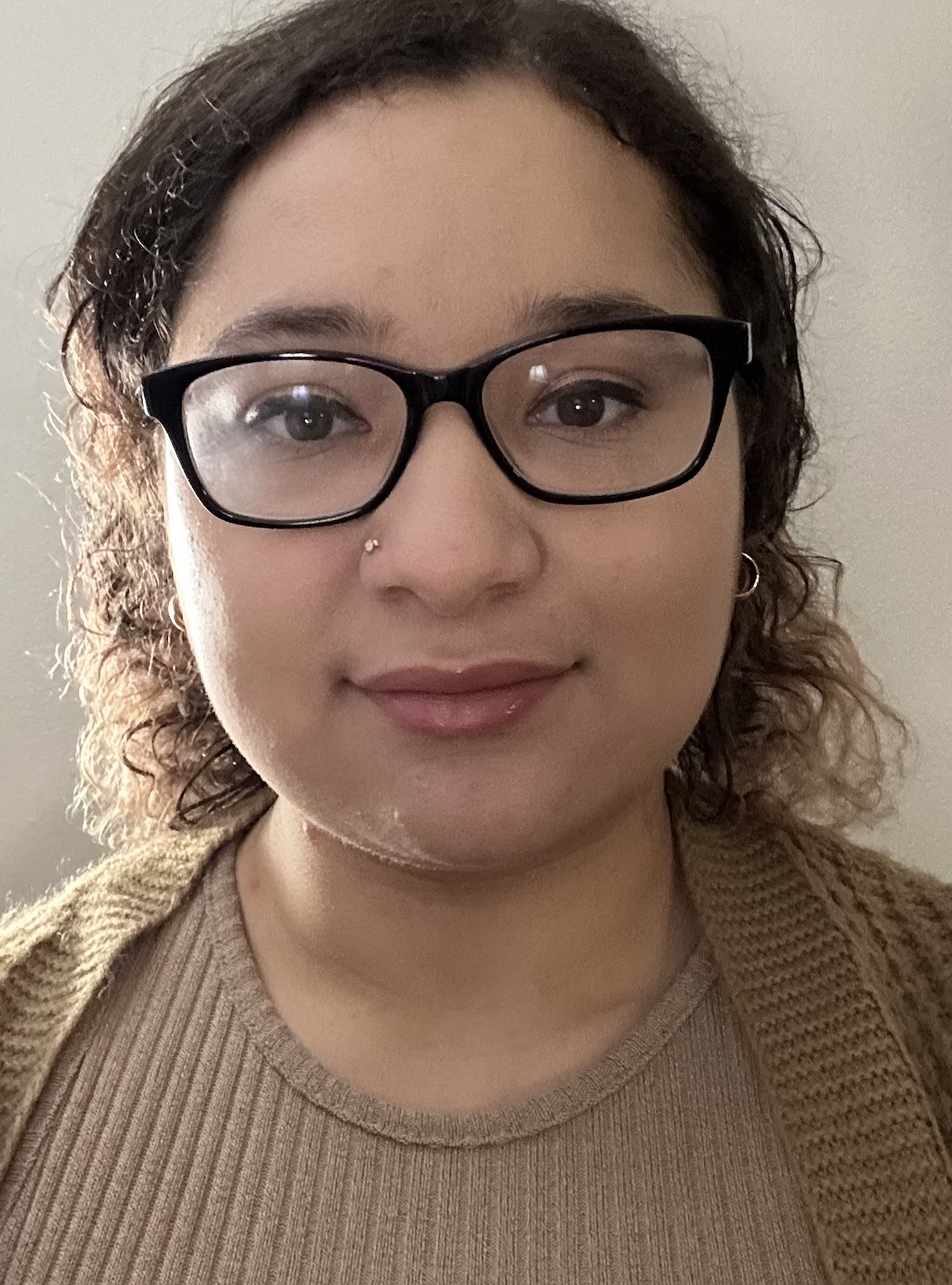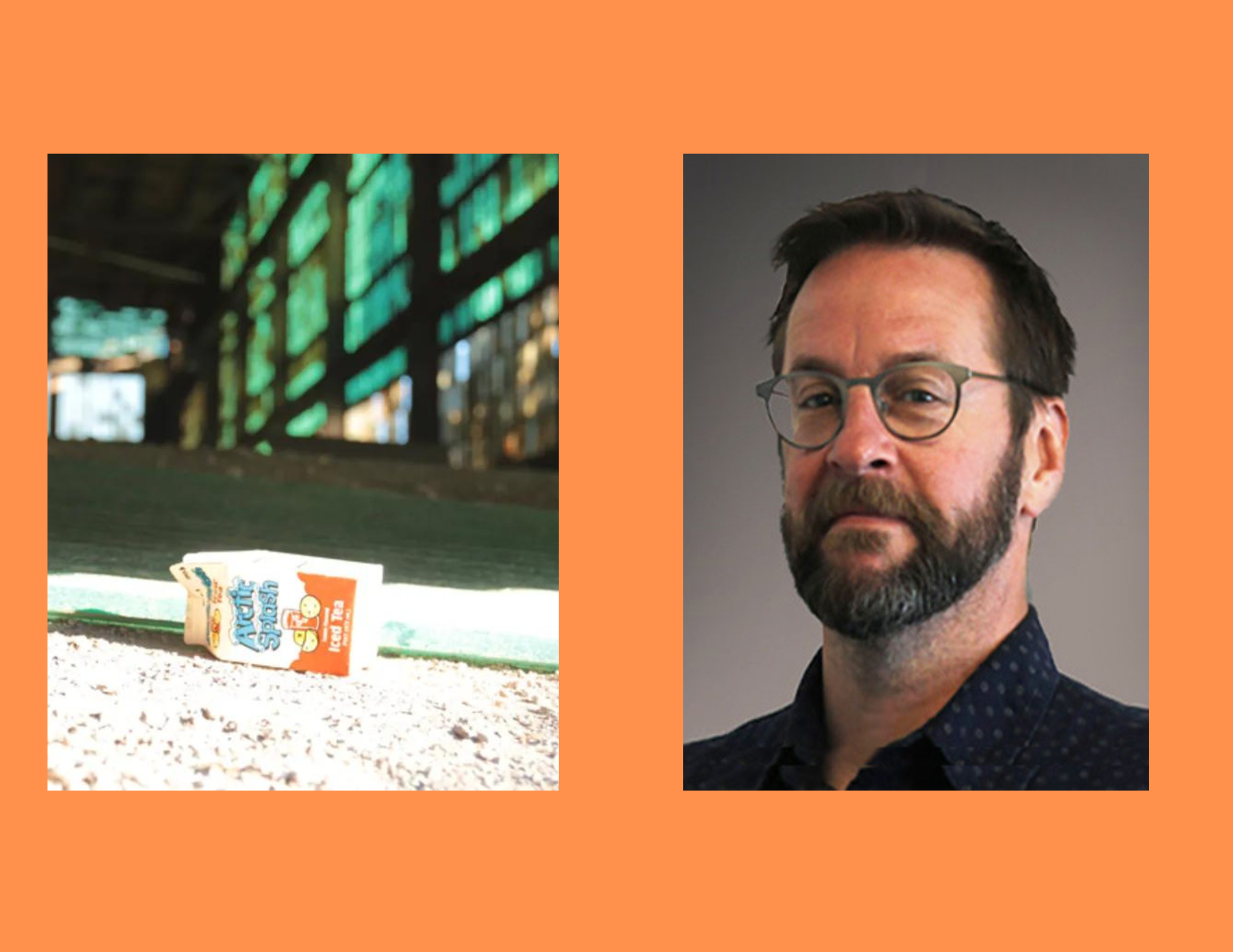Justin Coffin is a Philadelphia-based writer and Temple University graduate. His published projects include Fishtown Forget Me Not and El Bunny. He was also a ghostwriter for Nelson Diaz’s Not from Here, Not from There, and had a featured essay in Ann de Forest’s Ways of Walking.
Imana Schoch: Could you talk a bit about your history with writing? How did you get started?
Justin Coffin: I always really liked reading stories when I was a kid. I liked the composition classes. I liked being able to write. I was an English major in college, and when I got out of school, I wanted to keep my hand in it, so I started writing book reviews for weekly papers that have long since died.
Back in the mid-’90s, I started doing book reviews for City Paper. I had a great editor there, and the first book review he wanted me to write was about a biography of the guy who wrote The Owl and the Pussycat. I read it, and I brought the book back and said, “This isn’t worth reviewing,’ and instead of saying, ‘Well, this isn’t going to work,’ he asked, ‘Well, is there anything else you’d like to try?’ So, you know, that [kind of writing] felt like a really natural thing to do, and because of running into good people, I was able to keep doing that. And I just sort of started doing other kinds of writing from there.
When I was a kid, I wasn’t someone who was just, ‘These are the things I’m good at, these are the things I’m going to do.’ Getting into the world a little bit and having people say, ‘Yeah, sure!’ turned into other things. I wrote a couple of plays and got into things like ghostwriting. And from there, I’ve just been trying to follow what seems like the right thing to do.
IS: Would you say that kind of diversity in your work has affected your writing? Could you talk about your experiences with those different forms of writing?
JC: Yes. I think I’m more aware than I used to be about what’s appropriate and where. I think I’m more aware of what I’m good at. Playwriting is different from a lot of other things. It’s different from screenwriting. Screenwriting is writing a movie; you’re doing something that is a very visual medium. It’s about what you’re seeing on the screen and contributing to a director who takes all this stuff and turns it into their vision. And playwriting is about ideas, really. Getting people on stage to hash some things out.
What’s thrilling about playwriting is the way it gets shared among so many people. You have a director who is trying to organize everything, costumes, and sets, and it can be really fun. And you have the actors themselves, who are often incredibly close readers. Who will come back with questions about your writing that you really aren’t necessarily prepared for. I was an English major at a time when it was possible to go, ‘Who knows what the author is saying?’ So, when someone says, ‘What did you mean by this? Because I have to go say this in front of people,’ it can be eye-opening. One of the things that’s great about playwriting is just working with some truly, really dedicated actors who are working with your stuff in ways that were surprising. You don’t always know what’s in there.
Every kind of writing is humbling, and every kind of writing is humbling in different ways. I’ve written things that will never see the light of day, that I’m very happy to have done for the sake of doing them. There are just so many ways to get across different things. Every form itself has an influence on what you’re trying to do.
IS: How would you say your writing has developed from when you first started?
JC: Right now, I’m trying to get a little quieter or just a little less wordy than I was before. I didn’t feel like I was a plot person. I felt like my strength was description, not so much a propulsive story. I was anxious about that, and suddenly my writing became: something’s going to happen, but first, let me take you on this tangent. I found myself getting frustrated reading my own writing.
It’s basically because of anxiety—saying this isn’t good enough or long enough, so let me dress it up in a way that’s bad faith. It’s not trusting yourself, or the reader, to be able to go through the story with you. You don’t drive from one place to another, you take all these side roads, which can wind up being very frustrating. Going back, I noticed in my writing a tendency not to ask the questions to think of an answer, but think of an answer I wanted, then work my way back to questions I could ask to get there.
IS: Going back to your point of trusting the reader to stay with you through the story, would you say that trust is something that comes along with you getting more experience as a writer, or is it something you still work on today?
JC: That’s a good question because I think that, often, as you start anything new or get to a point where you have to reestablish certain things, you can feel like you know where you’re going but lose your way. You can feel like you’ve answered some questions, and all of a sudden, you’re faced with a different kind of context. As you get more experience, you learn that you never stop learning a little better. I don’t think that the process is the same every time, but you do have to continue doing the scales on the piano. Going back to the basics. The skills of it, as well as checking in with yourself about what you’re trying to do and what you want and whether you trust the process as a whole, from the moment you start thinking about it to the moment someone’s reading.
IS: It’s a bit like asking a parent to pick their favorite child, but do you have any favorite projects that you’ve worked on?
JC: I worked with Nelson Diaz on his memoir Not from Here, Not from There. I had tried doing some of those kinds of things before, but it’s a tricky relationship. Somebody wants to write this story, and you’re kind of getting in and messing around with their important things. It’s like, ‘“here’s my glass menagerie, don’t touch it,’” right? But Nelson was an interesting guy, a thoughtful guy, and a delight to work with. And I really enjoyed talking to him—he’s an incredibly accomplished person. That project was great—just helping a guy shape the story of his life and getting to listen to him talk about it. It was an honor; it’s a really special thing to be able to do.
As far as other children go, I did a book called Fishtown Forget Me Not, which started out as a photography project I started because I had writer’s block. Writer’s block for me is about knowing what the next thing is but getting caught up in not knowing what the thing after that is. Not trusting that after I take that step, there will be another step. So, I’d go out and take pictures to have something to show for myself at the end of the day. And there were these Arctic Splash cartons in Fishtown that the sidewalk was littered with. It became a symbol of Fishtown, and a symbol of Philadelphia, in some aspects. I was taking pictures of them for years—and then after ten, eleven years of doing that, I moved out of the neighborhood and sort of figured I was done.
But I kept thinking about it because the changes in the neighborhood were expressed by not seeing so many of them and thinking about where all of the cartons had gone. And so, this little itch in the back of my head became this little book I put together with pictures of the cartons. This was a fun experimental thing, talking about the cartons, talking about the neighborhoods, and then thinking of the cartons. I can’t spend too much time with anything without turning it into a human—anthropomorphizing something. These things take on characters for me, and so there were certain cartons that spoke to me in certain ways. Weird little book, but I had so much fun putting it together. And I really had a whole different kind of fun getting to talk about it—it was great. Sort of continuing a conversation I had and being able to talk to people about it, have them talk about it.
IS: What is a rewarding aspect of your writing?
JC: Working with editors and working with people—it’s not necessarily the solo kind of career that you might think. It’s not the writer alone in a room trying to get these ideas out. What’s great about writing for me is that you’re having half of a conversation that the viewer, that the reader, whoever it is, is going to have the other half of that.
IS: What is one piece of advice you would give to yourself when you first started writing?
JC: The best way to get anywhere with writing is to just do it. Definitely do your best, try to get it to where you want it to be, but then get it out there. I think just trying and learning is the fastest way to get better at anything, really.
Justin Coffin and his work can be found on LinkedIn. He is a current Philadelphia resident, and has been a self-employed writer since 2016.

Imana Schoch is a fourth-year student at Drexel University with a major in Screenwriting & Playwriting and a minor in English. After graduation, she hopes to work in publishing and produce her own films.
